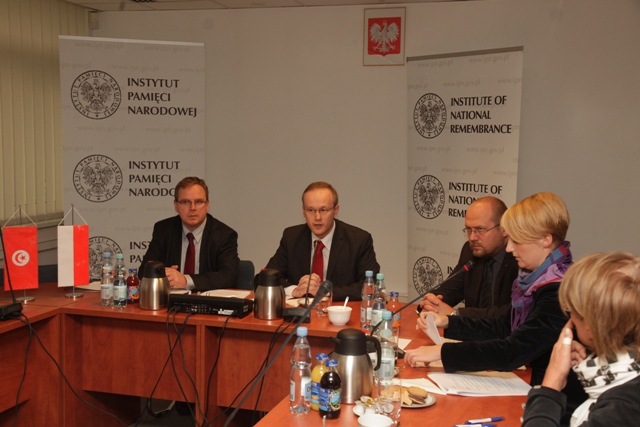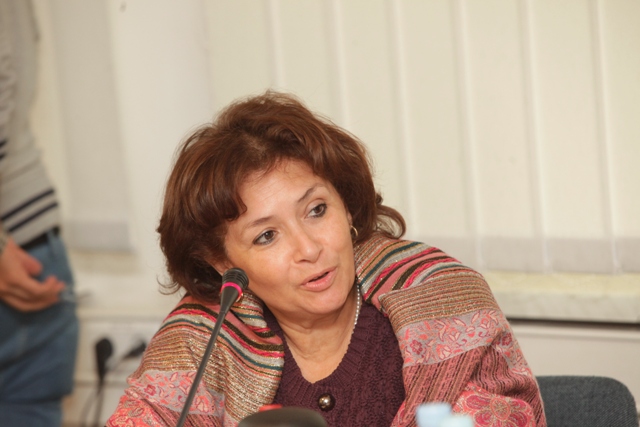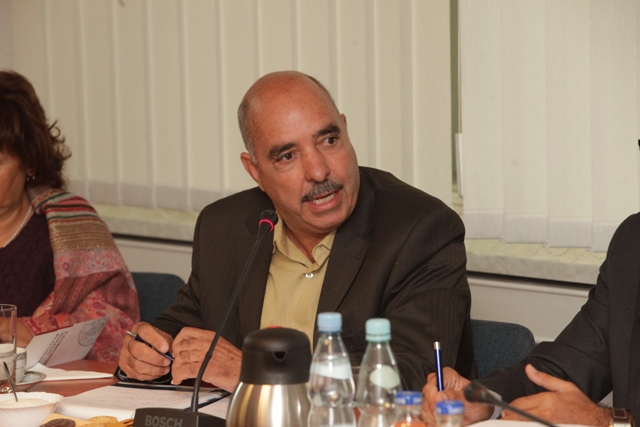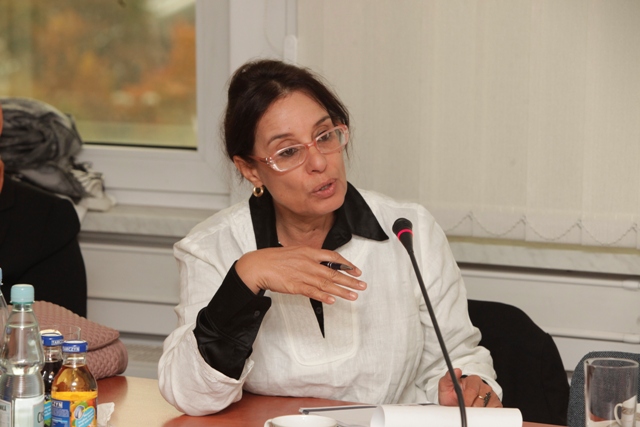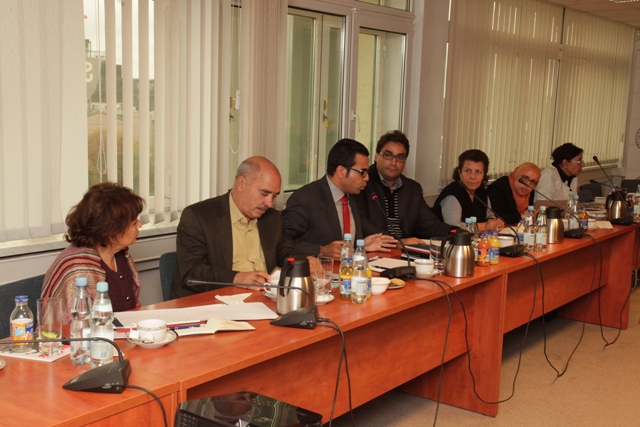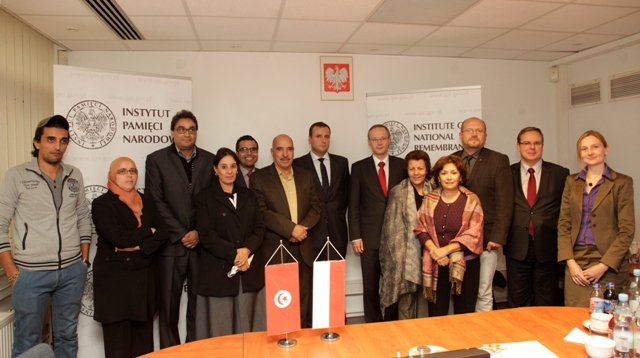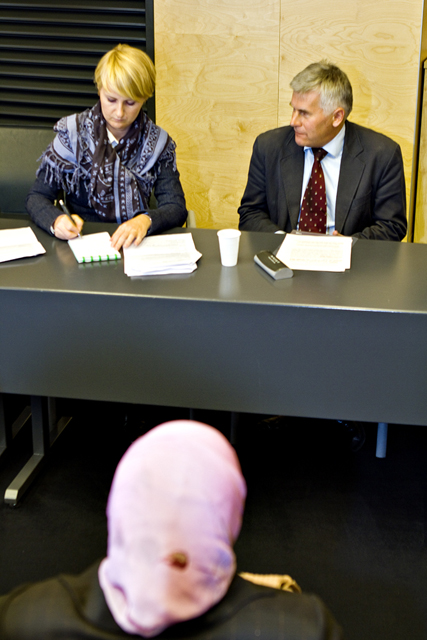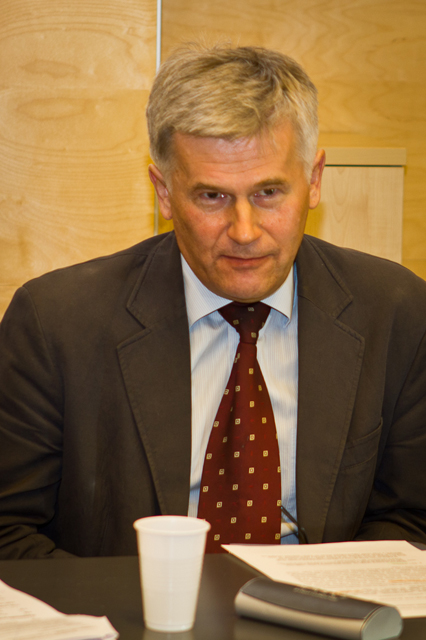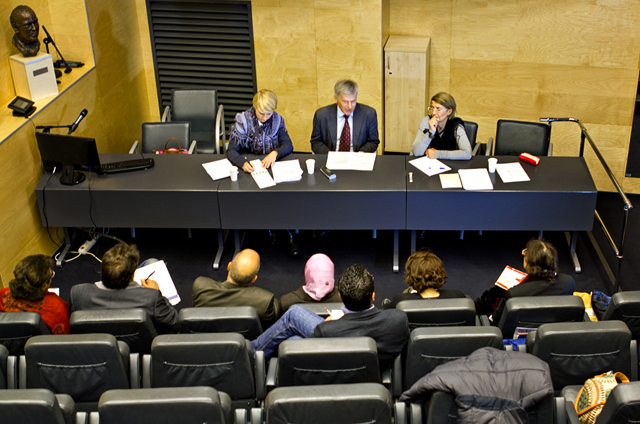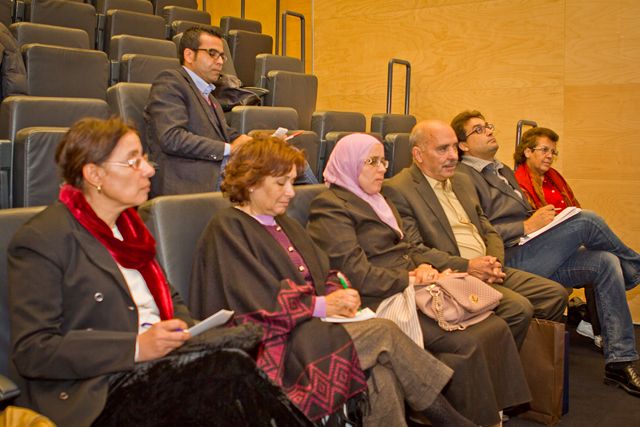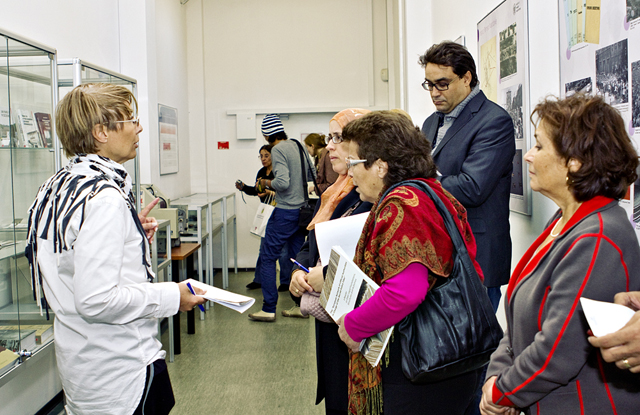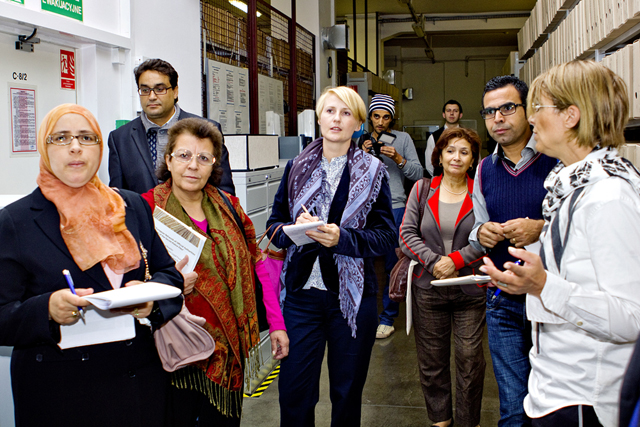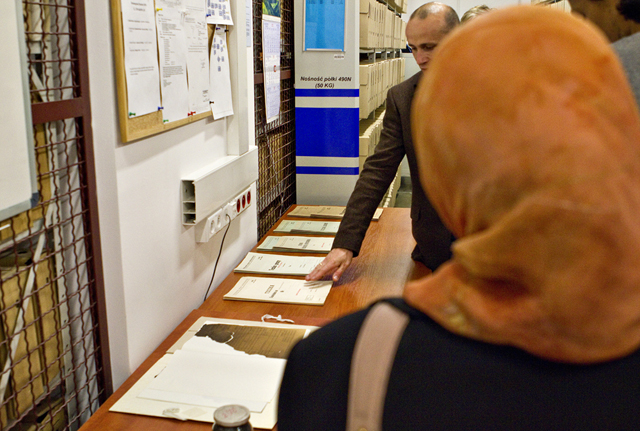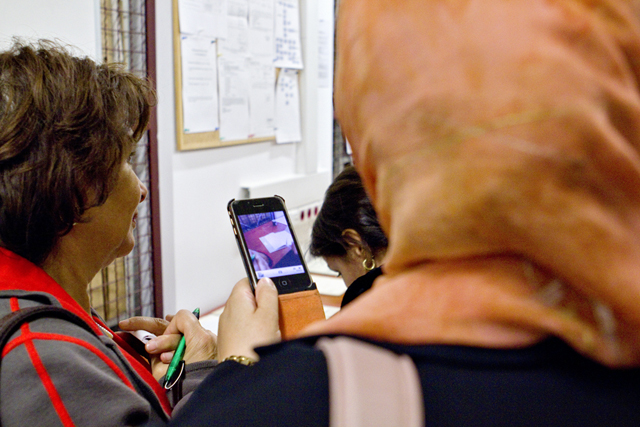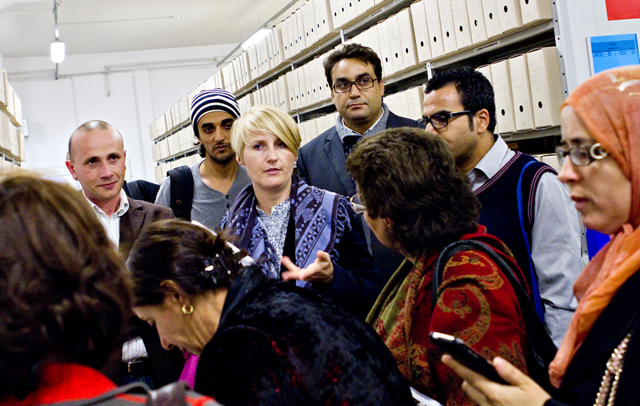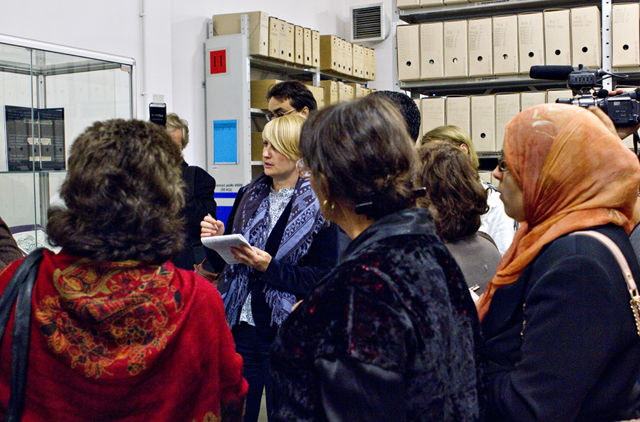The experience of history and transformation
On Sunday, 7 October a delegation of Tunisian authorities and non-governmental organizations arrived in Poland. Tunisia, after years of regime, is trying to build the foundations for democracy. There is also a need to judge the perpetrators of the crimes and to honor the heroes. In the Institute of National Remembrance and other institutions dealing with coming to terms with the past, the delegation will learn about the Polish experience.
On Monday, 8 October at the premises of the IPN began a five-day program of meetings and discussions. Apart from Dr. Lukasz Kaminski, President of the Institute of National Remembrance, the Polish experience was also discussed by Adam Siwek, head of the National Council for the Protection of Memory of Combat and Martyrdom and Dr. Jacek Polanczyk - Director of the Jurisdiction Department of the The Office for War Veterans and Victims of Oppression.
Dr. Lukasz Kaminski, President of the Institute of National Remembrance, introduced the Tunisian guests to Polish road to freedom. They listened with interest when Dr. Kaminski talked about the joy of regaining independence and the difficulty of defending it after more than a hundred years of occupation, the joy of building free Poland in the interwar period, the treacherous pact between Soviets and Germans; and the millions losses during the war. For Poland and the Polish people the end of war did not mean freedom or the end of suffering. The years 1945-1989 brought communist terror and more or less successful attempts of Poles to gain power. On the other hand there was fight of the society for their rights. The forest troops in the 1940s, the raising opposition in the 1970s and the ten million outbreak of Solidarity have all given freedom of Poland, were the impulse to throw off Soviet domination in other countries and caused disintegration of the Soviet Union.
How did Poland come to terms with the difficult past? That was of most interest of the Tunisians. Over the last twenty years the process in Poland had varying intensity, said the president of IPN. Shortly after regaining independence, it meant a break with the legacy of the communist dictatorship. However, the process of breaking with communism was not easy. Although at the beginning of the 1990s there began discussions about the need of decommunization, the idea was hardly present in the social debate, and the process has not been completed. Vetting in Poland was equally difficult. In contrast to other post-communist countries, in Poland working for the political police or coopertaion with it was not penal, but it was it was penal if one tried to conceal it. Polish experience of the 1990s and coming to terms with the past was not a success, said Dr. Lukasz Kaminski.
A breakthrough came in 1997 when people deriving from Solidarity rose to power. Despite the post-communist president's veto, it was possible to create the Institute of National Remembrance, which obtained high rank and independence. Archives of the political police have been taken over, those guilty of communist and Nazi crimes were prosecuted and punished. Justice was given back and the forgotten heroes were reward. When speaking about the tasks of the Institute and its structure, the President laid strong emphasis on educational activities, especially on building the civil society. It's about teaching how important the human rights are, by showing what happens when they do not exist or are being violated , he said. The last ten years of IPN’s work have been a success, compared to the 1990s big changes have occured, said Lukasz Kaminski.
Guests from Tunisia had many questions. Most of all, they were interested how institutions dealing with coming to terms with the past are located in the legal system. How did the new law arise and who enacted it? How is the historical and settlement activity financed? Disputes about the past do not disappear, but they no longer concern commemorating heroes, Dr. Kaminski replied to one of the most important questions of the meeting: how to successfully reconcile Polish society with its past. In response to another question, Kaminski pointed out that the criteria for granting the status of victim or hero do not always win general acceptance. Here Dr. Polańczyk mentioned cases of depriving the veteran status of people who in their lives committed also dirty deeds. The question about the gender parity in the selection of candidates for managerial positions in the IPN was a sign of the times. Here substantive criteria apply, said the President of the Institute.
In the following days the guests from Tunisia met with directors and staff of the four IPN departments. They also visited the Warsaw Raising Museum.
Photos: Piotr Życieński, Piotr Gajewski, Katarzyna Hołopiak
